Share the page
Connecting biodiversity and sustainable development - Our work and impact
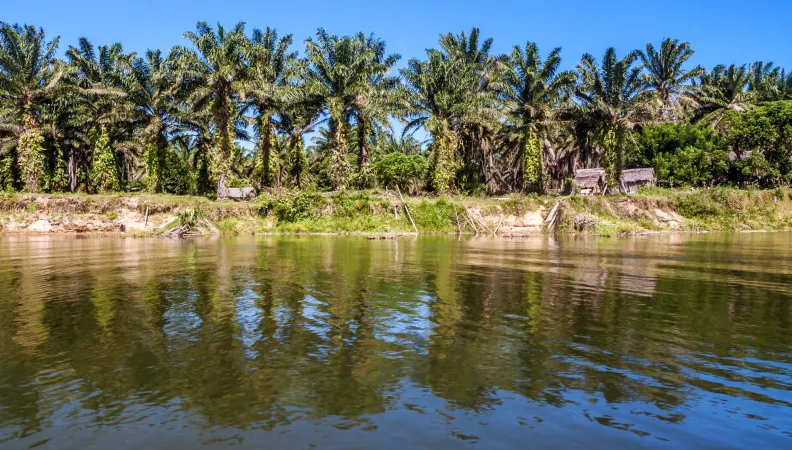
Since 1900, the average abundance of local species has declined by at least 20% in most land habitats. More than 40% of amphibian species, nearly 33% of coral reefs and more than a third of all marine mammals have become endangered. As climate change accelerates and biodiversity collapses, there is an urgent need to strengthen public policies that tackle environmental degradation.
¾ Three quarters of land environments and around 66% of marine environments have been significantly degraded by human activity.
As France’s international development cooperation agency, we raise awareness about threats to biodiversity, develop relevant solutions, and implement projects that promote biodiversity conservation while preserving human well-being.
Our strategic priorities
Our work to preserve biodiversity focuses on seven key areas:
- International diplomacy and support for the implementation of public policies: We help governments and national and regional authorities comply with international biodiversity agreements and implement public policies on biodiversity across sectors.
- Protected areas: We support strategic planning, the development and application of management documents, as well as capacity building and networking for those involved in managing protected areas.
- Ecological restoration: We support ecosystem restoration strategies and activities to improve the ecological function and ecosystem services that are made possible by ecological integrity and ecosystem connectivity. These actions also help to combat land take, deforestation, coastal erosion and desertification.
- Sustainable management of natural resources: We promote transitions towards agroecology methods, agroforestry, sustainable forestry, sustainable aquaculture and fishing to combat land take, overexploitation of natural resources and deforestation.
- Cross-functional integration of biodiversity: We support the integration of biodiversity and natural resource conservation into the economic and financial sectors.
- Climate and biodiversity co-benefits: We promote initiatives that help to combat both climate change and biodiversity collapse, for example through “nature-based solutions”.
Environmental crime and justice: We help our partner countries and organisations develop and implement effective environmental protection standards based on the principle of “Prevent, Punish, Repair”. The development of such standards contributes to the recognition and prevention of environmental damage.
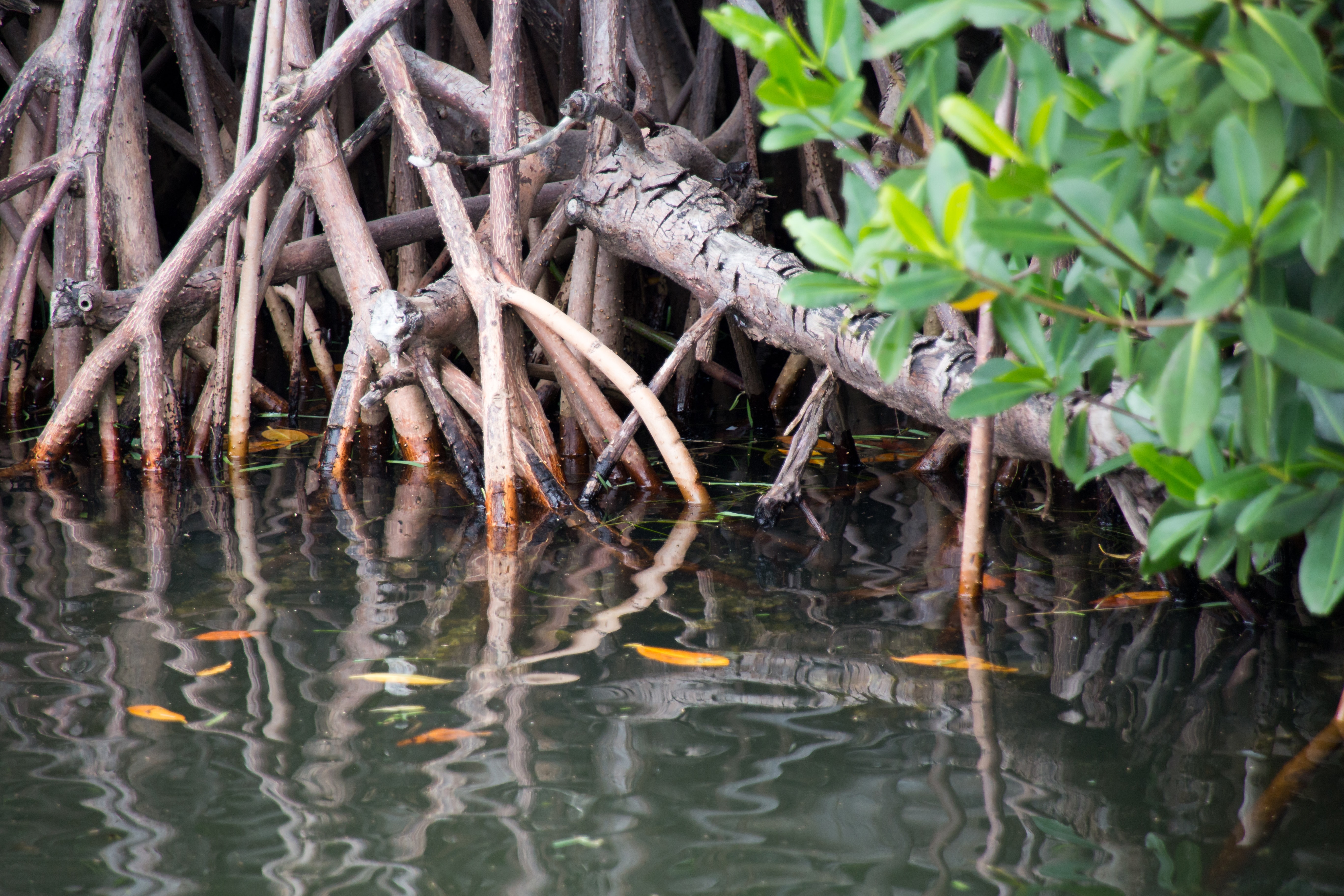
Our framework for action
Our work is aligned with global biodiversity agreements and strategies, including the Kunming-Montreal Framework adopted in December 2020 at the 15th Conference of the Parties (COP) to the Convention on Biological Diversity (CBD) in Montreal.
We also adhere to European commitments such as the EU Biodiversity Strategy, which aims to put biodiversity on the path to recovery by 2030, and the new EU Nature Restoration Regulation.
Last but not least, our agency works towards France’s objectives for biodiversity, notably by complying with France’s National Biodiversity Strategy adopted in 2023 and the biodiversity policy of the Agence Française de Développement (AFD).
Our services in this area
We help establish governance systems that promote sustainable and responsible action for biodiversity by facilitating the mobilisation of financial resources and acting at local, national and regional levels. In this way, we help to build the capacity of our partner countries and organisations in the field through a number of services:
- Provision of specific technical expertise
- Peer-to-peer learning
- Knowledge enhancement and sharing
- Stakeholder networking
- Implementation of multistakeholder experiments
- Support for initiatives led by civil society organisations (CSOs)
Resources for download
FAQs
For more about biodiversity
Biodiversity underpins the cycle of matter and regulates the climate. Humanity depends on biodiversity for food, medicine, energy, clean air and water, safety from natural disasters, and much more.
Since the 1992 Earth Summit, protecting biodiversity has been recognised as a priority in sustainable development strategies. Expertise France works to promote nature-friendly human development by integrating biodiversity issues into public policies, economic strategies and international cooperation programmes.
Yes. According to the Intergovernmental Science-Policy Platform on Biodiversity and Ecosystem Services (IPBES), the collapse of biodiversity is proven and pervasive. More than 75% of land environments and 66% of marine environments have been significantly degraded by human activities. Since 1900, the average abundance of local species has fallen by at least 20%, and more than 40% of amphibians and a third of marine mammals are now endangered.
The main causes are changes in land use, overexploitation, pollution, invasive alien species and climate change.
There are some alarming statistics in the 2019 global assessment of the Intergovernmental Science-Policy Platform on Biodiversity and Ecosystem Services (IPBES):
- 1 million animal and plant species are endangered
- Land productivity has fallen by 23%
- $577 billion in global agricultural production may be lost if pollinators go extinct
- 100 to 300 million people are exposed to an increased risk of flooding and hurricanes due to the loss of coastal habitats
According to the French Ministry for Europe and Foreign Affairs, environmental crime refers to “all illegal activities that damage the environment and that benefit certain individuals, groups and/or companies”.
Expertise France assists its partner countries and organisations in preventing, punishing and repairing such damage, by supporting the development of appropriate legal frameworks, transnational cooperation and the training of environmental justice professionals.
Several international agreements underpin global biodiversity governance. These include:
- The European Union’s Biodiversity Strategy, which aims to put biodiversity on the path to recovery by 2030
- The Convention on Biological Diversity (CBD) adopted in Rio de Janeiro in 1992. In total, 196 signatory countries committed to protecting and restoring the diversity of the living world
- The Kunming-Montreal Global Biodiversity Framework, which sets ambitious targets for 2030 and 2050, including the restoration of 30% of land and marine environments and 30% of degraded ecosystems
- The Intergovernmental Science-Policy Platform on Biodiversity and Ecosystem Services, which produces scientific assessments to guide public policy
Biodiversity loss and climate change are global, transboundary phenomena that no single country can tackle alone. International cooperation is therefore essential to set up effective joint strategies.
Expertise France plays a key role in this cooperation. We support partner countries in drawing up and implementing international commitments. Our main areas of cooperation include:
- Supporting international diplomacy
- Setting up protected areas
- Promoting ecological restoration and sustainable management of natural resources
- Mainstreaming biodiversity
- Promoting climate/biodiversity co-benefits
- Environmental justice and crime
According to the UN, ecosystem restoration refers to all actions aimed at regenerating ecosystems that have been degraded or destroyed, as well as conserving ecosystems that are still intact. It has been proven that healthy ecosystems are more resilient to hazards such as deforestation, land take and desertification.
Several projects supported by Expertise France directly focus on ecological restoration:
- “Ghabati, Hayati - Ma forêt, ma vie” in Morocco
- EUROCLIMA+ in Latin America
- VARUNA in the Indian Ocean
- ReSEMBiD in the Caribbean
Ecological restoration directly supports sustainable development by strengthening land resilience, improving food security and preventing natural disasters.
It contributes to the achievement of several of the Sustainable Development Goals (SDGs), in particular those relating to life on land (SDG 15), water (SDG 6), climate change (SDG 13) and reduced inequalities (SDG 10).
Our projects
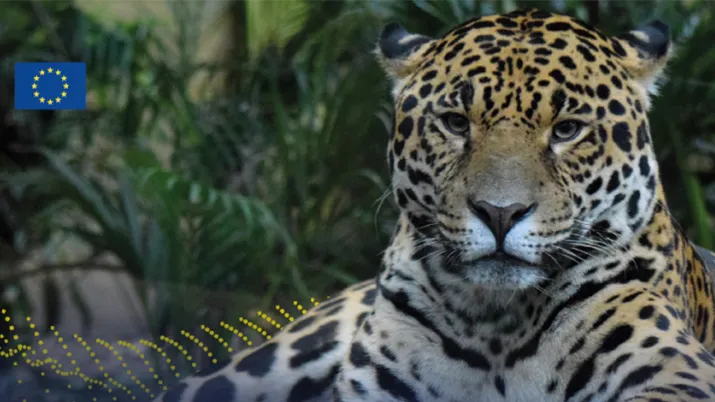
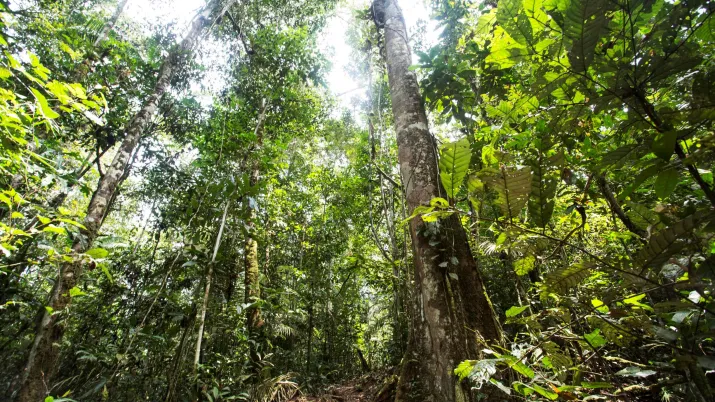
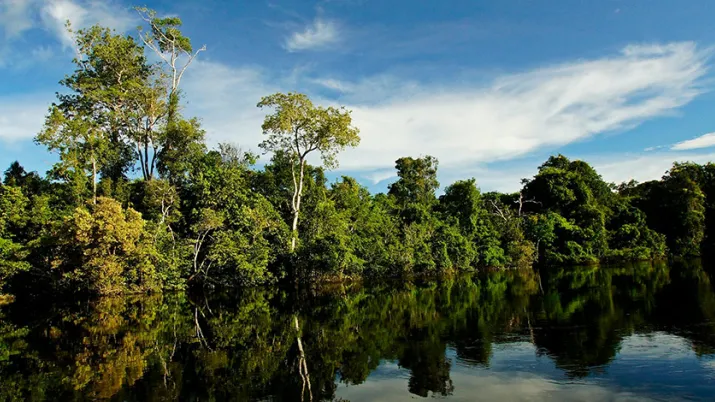
Key figures
- 12 ongoing projects
- 7 focus areas within biodiversity cooperation
